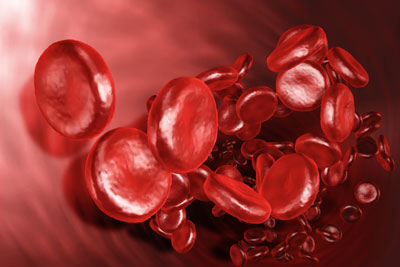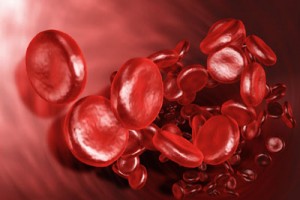First patient enrolled in Phase 4 AUGUSTUS trial of Eliquis
Posted: 9 September 2015 |
The trial will evaluate the safety of Eliquis versus warfarin or other vitamin K antagonists in patients with nonvalvular atrial fibrillation and a recent acute coronary syndrome or undergoing percutaneous coronary intervention…


Bristol-Myers Squibb and Pfizer have announced that the first patient has been enrolled into the Phase 4 clinical trial, AUGUSTUS.


This trial will evaluate the safety of Eliquis versus warfarin or other vitamin K antagonists (VKA) in patients with nonvalvular atrial fibrillation (NVAF) and a recent acute coronary syndrome (ACS) or undergoing percutaneous coronary intervention (PCI), also known as a stent. In addition, patients will also be randomised to aspirin or placebo. All patients will receive a P2Y12 inhibitor (such as clopidogrel) in combination with either Eliquis or a VKA.
Eliquis is an oral selective Factor Xa inhibitor and is approved to reduce the risk of stroke and systemic embolism in patients with NVAF.
Trials will help inform the safety profile of Eliquis for NVAF patients
“Limited data are available to inform the use of Eliquis and other oral anticoagulants in NVAF patients who require concomitant dual antiplatelet therapy,” said Renato D. Lopes, M.D., MHS, Ph.D., Duke Clinical Research Institute (DCRI) director of clinical events classification and principle investigator for AUGUSTUS. “With the first patient now enrolled in AUGUSTUS, we will be collecting data that will help inform the safety profile of Eliquis for NVAF patients who have suffered a recent ACS and/or are undergoing PCI.”
AUGUSTUS is anticipated to enroll 4,600 eligible patients from 30 countries. The two-by-two factorial design of the trial permits for the testing of two hypotheses in the study population. First, it will evaluate whether or not Eliquis is noninferior to a VKA on the combined outcome of major bleeding and clinically relevant non-major (CRNM) bleeding when studied in an open-label manner. Second, in a double-blind manner, it will evaluate whether or not the addition of aspirin to an anticoagulant and P2Y12 inhibitor results in significantly more major and CRNM bleeding in the study population.
Secondary objectives include the comparison of Eliquis to VKA (with concomitant P2Y12 therapy) for superiority on major or CRNM bleeding; death, stroke, myocardial infarction, stent thrombosis, urgent revascularisation, or re-hospitalisation for any cause; and the comparison of a P2Y12 inhibitor plus aspirin versus a P2Y12 inhibitor alone with either Eliquis or VKA with respect to death, stroke, myocardial infarction, stent thrombosis, or urgent revascularization and re-hospitalization for any cause.



